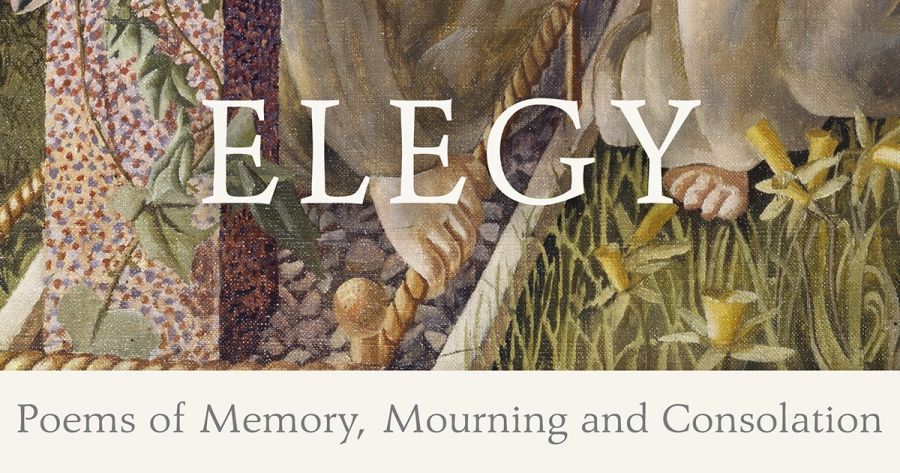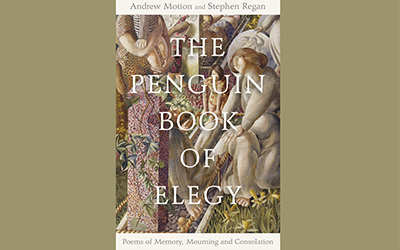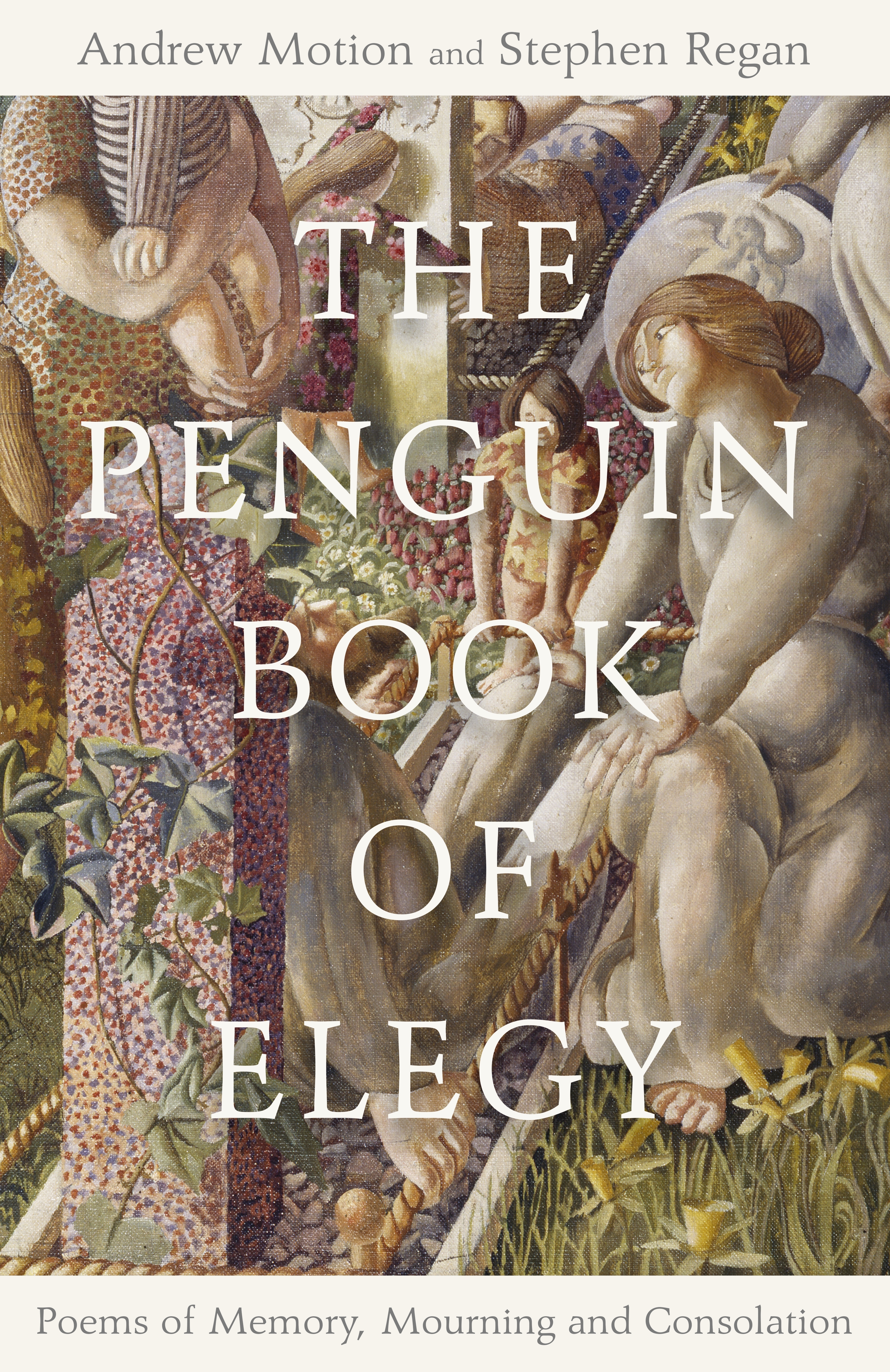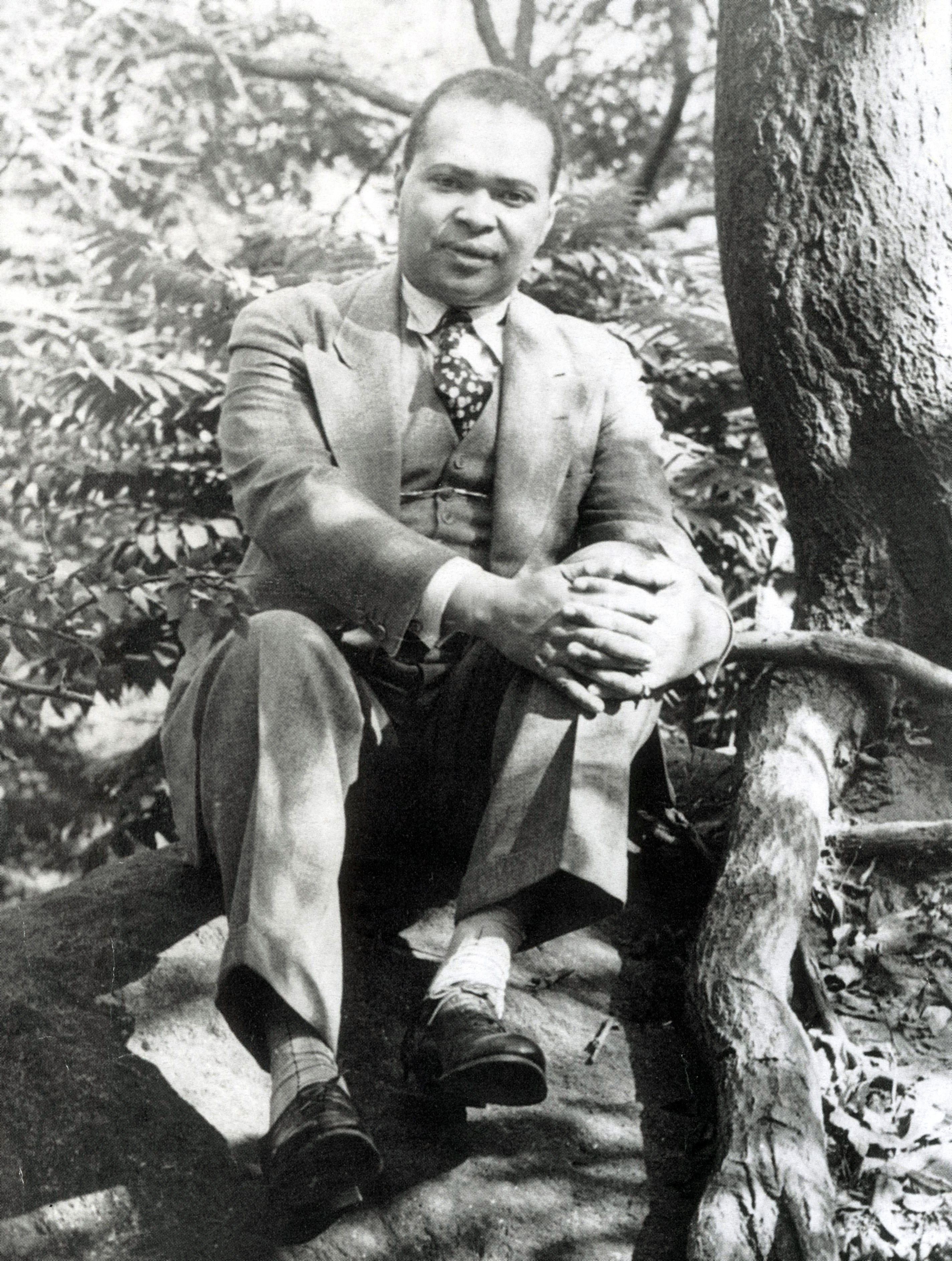
- Free Article: No
- Contents Category: Poetry
- Review Article: Yes
- Article Title: ‘We need elegies’
- Article Subtitle: The poetry of loss
- Online Only: No
- Custom Highlight Text:
In the famous opening sequence of the 1946 film A Matter of Life and Death, an RAF pilot, flying his burning Lancaster bomber over the English Channel, talks with a radio operator at a nearby English base. Apparently facing certain death, the pilot quotes Sir Walter Raleigh’s ‘The Passionate Man’s Pilgrimage’, a poem allegedly written just before its author’s execution in 1618. ‘Give me my scallop shell of quiet, / My staff of faith to walk upon,’ the pilot recites, amid the roar of his stricken aircraft.
- Featured Image (400px * 250px):

- Alt Tag (Featured Image): David McCooey reviews ‘The Penguin Book of Elegy: Poems of memory, mourning and consolation’ edited by Andrew Motion and Stephen Regan
- Book 1 Title: The Penguin Book of Elegy
- Book 1 Subtitle: Poems of memory, mourning and consolation
- Book 1 Biblio: Penguin Classics, $75 hb, 688 pp
- Book 1 Cover Small (400 x 600):

- Book 1 Cover (800 x 1200):

- Book 1 Readings Link: https://www.readings.com.au/product/9780241269602/the-penguin-book-of-elegy--andrew-motion-prof-stephen-regan--2021--9780241269602#rac:jokjjzr6ly9m
A Matter of Life and Death is one of a number of films attracted to elegy, or poems concerned with death and loss. More recent examples include Four Weddings and a Funeral (1994) and Interstellar (2014). In such cases, elegy stands for language’s ability to respond to extremity (the unspeakable, the unthinkable) in human experience. While poetry doesn’t often find itself in feature films, it is no surprise that the movies are attracted to elegy, since elegy has a long history, and it has long been a high-status mode of poetic expression.
But elegy’s extensive history is also sometimes a confusing one, with the term being applied to any number of different styles of poetry. Since the seventeenth century, it has especially become associated with a type of poetry that formally laments the death of an individual, or group of individuals, usually memorialising the lost loved one(s), while consoling those left behind. As such, elegy became a genre. But the term can also apply to a mode – a type of poetry more generally concerned with mortality, mutability, and loss.
The Penguin Book of Elegy includes elegies of both kinds, though it tends to favour formal elegies that lament the loss of loved ones and peers. This anthology is appropriately monumental, covering poets from ancient times to the present, and coming in at almost 700 pages. It is filled with helpful notes and biographical details, and the cost of the permissions for the works still in copyright must have been considerable. In these ways, The Penguin Book of Elegy seems to hark back to a time when publishers did not outsource such editorial work to readers who are prepared to google.
Perhaps a little old-fashioned, too (in a non-pejorative sense), is the editors’ Introduction, which is unapologetically concerned with literary history. The anthology’s editors, Andrew Motion (the ex-poet laureate and a professor of writing) and Stephen Regan (a professor of literary studies), trace a largely conventional history of English elegy, taking in classical and Old English antecedents, with nods along the way to elegy’s masculine tradition: John Milton’s ‘Lycidas’, Percy Shelley’s ‘Adonais’, Alfred Tennyson’s In Memoriam, Thomas Hardy’s ‘Poems 1912-13’, and the elegies of W.B. Yeats, arriving in turn at W. H. Auden’s elegy for Yeats as a sign of achieved modernity. The editors then detour to consider the national characteristics of elegy (American elegy, allegedly, is less interested in classical precedents), which naturally leads into contemporary issues of identity (race and gender), before returning to the putative differences between American elegists and their British and Irish counterparts. (Other Anglophone nations get the smallest of walk-on parts, assuming they are present at all, making the ongoing absence of an Australian anthology of elegy all the more stark.)
As the editors themselves note, the alphabetical, rather than chronological, organisation of the poems might seem odd after such a historicist Introduction. But as Motion and Regan point out, ‘elegies of all periods are constantly in dialogue with one another’. Elegy, perhaps more than any other literary mode or genre, productively engages tensions between tradition and innovation, exhaustion and reinvigoration, and vision and revision. Repetition, then, is at the heart of elegy, and a genre (or mode) associated with what Motion and Regan call a ‘high incidence of echo and allusion’ is catnip for anthologists.
Such echoes and allusions are found in the large-scale repetitions found, for instance, between ‘Lament for Adonis’ by Bion (of the first century bce), and Shelley’s ‘Adonais’ (1821). More recently, Peter Porter’s ‘An Exequy’ (1978) reworks Henry King’s ‘Exequy on His Wife’ (1657). Smaller aftershocks are felt throughout the anthology, such as Maura Dooley’s ‘blue-remembered ’ distance, echoing the ‘blue-remembered hills’ of A.E. Housman’s elegiac A Shropshire Lad (1896). For all their affective power, then, elegies are notable for their literary self-consciousness, and they can offer considerable pleasure to the bookish reader.
 Countee Cullen photographed by Carl Van Vechten, 1941 (Science History Images/Alamy)
Countee Cullen photographed by Carl Van Vechten, 1941 (Science History Images/Alamy)
Pleasure is also to be found in the stylistic variety of The Penguin Anthology of Elegy, which extends its parameters to include a number of comic and satirical poems. The anthology is also notable for its willingness to include longer poems, allowing for the inclusion of brilliantly expansive works like Paul Muldoon’s ‘Incantata’ and Denise Riley’s ‘A Part Song’. Diversity and extensiveness are found, too, in the choice of poets. Motion and Regan bring together a diverse group of Black poets, and other poets of colour, offering work from Raymond Antrobus, Malika Booker, Kamau Braithwaite, Jericho Brown, Christian Campbell, Lucille Clifton, and Countee Cullen (to cover the first three letters of the alphabet). The energies of what is sometimes known as ‘non-standard English’ are powerfully felt among many of these poets. But as Cullen’s ‘Threnody for a Brown Girl’ (from 1925) shows, conventional forms of English can also intervene powerfully in the elegiac tradition. With race and genre figured in the title, Cullen’s poem offers a potent statement of elegy’s necessity: ‘We who take the beaten track, / Trying to appease / Hearts near breaking with their lack, / We need elegies.’ Despite the poem’s historico-political specificity, these lines offer a clear expression of the transhistorical and transcultural nature of the elegiac impulse.
No anthology, however accomplished, can cover everything. In addition to ignoring whole Anglophone nations in their account of elegy in English (and translated into English), Motion and Regan tend to ignore non-Classical works in translation, though Paul Celan’s ‘Death Fugue’ is included. The editors also largely bypass the burgeoning traditions of ecopoetic elegy (in the face of anthropogenic environmental degradation) and of First Nations elegy. The sole, though extremely notable, example offered here of this latter form of elegy is Layli Long Soldier’s extraordinary ‘38’, an account of the thirty-eight men executed in 1862 for their part in the so-called Sioux Uprising. Impossible to quote from briefly, this poem is breathtaking in its moral and poetic power.
For all of its putatively old-fashioned investment in literary authority and cultural capital, The Penguin Book of Elegy feels decidedly contemporary, and not just because of its representation of contemporary poets. The anthology seems to tap into an especially current anxiety about literature’s status as ‘merely’ a language game, a technology of style, versus its (perhaps extra-literary) potential to effect political change. It is notable that the anthology includes that much-quoted assertion (found in Auden’s elegy for Yeats) that ‘poetry makes nothing happen’. This anthology is a timely reminder of the complex context of that apparent truism, since (among other things) poetry, according to Auden, ‘survives, / A way of happening, a mouth’. Whatever its (inevitable) limitations, The Penguin Book of Elegy is an essential anthology, a virtual space where poetry more than survives; it thrives, in all its paradoxical elegiac power.


Comments powered by CComment